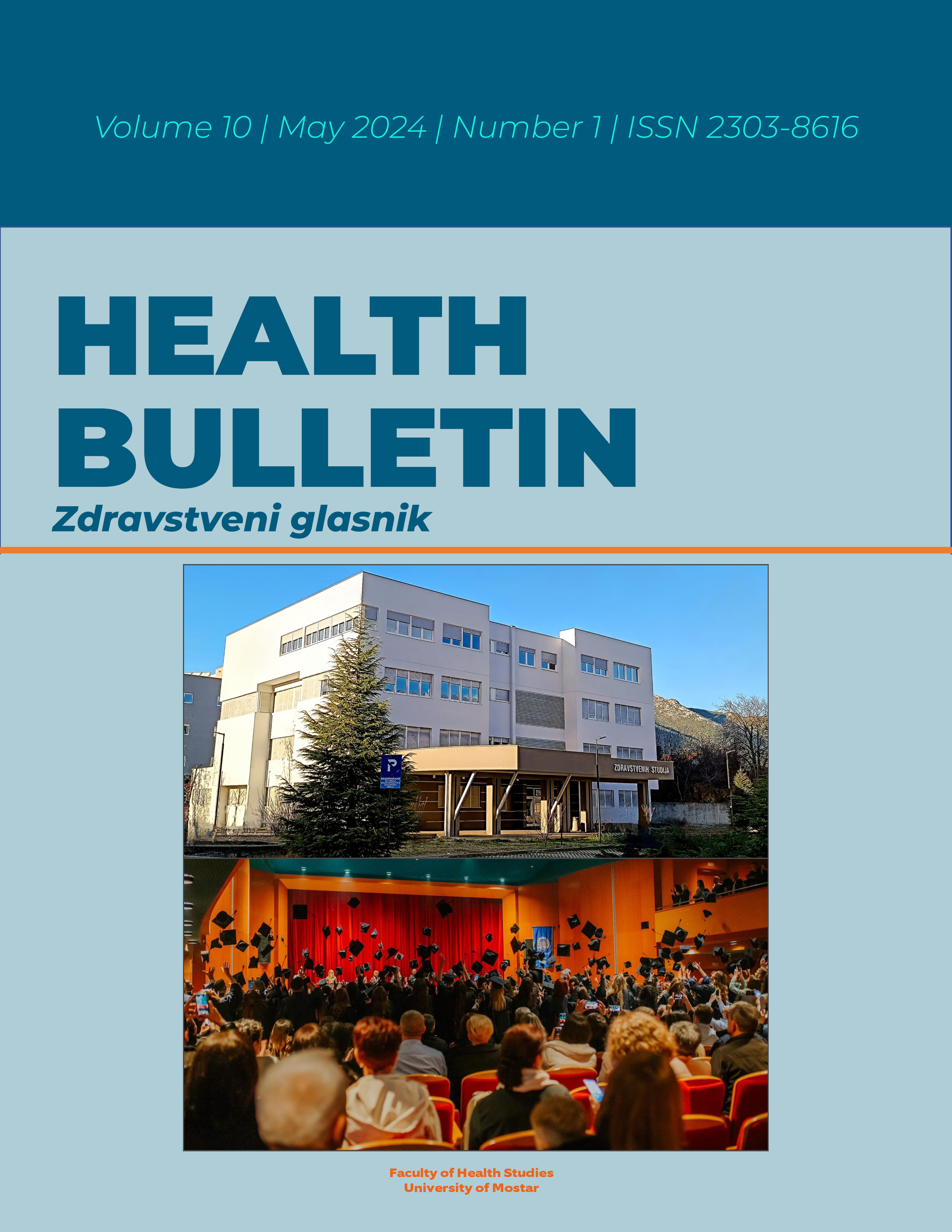PERSONALIZED HEALTHCARE AS AN INDICATOR OF PATIENT RESILIENCE
Keywords:
personalized health care, indicator, resilience, patientAbstract
Personalized healthcare, tailored to individual characteristics, has gained prominence in the modern healthcare systems. This comprehensive review explores the various aspects of personalized healthcare and its impact on patient resilience. The review incorporates a synthesis of literature from multiple disciplines, including genetics, psychology, nutrition, and environmental factors. It analyzes the role of personalized health care in enhancing patient resilience, considering genetic predisposition, psychological aspects, nutrition, environmental influences, individualized treatment plans, treatment outcomes, challenges, and future directions. Genetic analysis is crucial for identifying patients' predispositions and making personalized treatment decisions. Psychological factors significantly influence patient resilience, with adaptable therapeutic approaches to enhance psychological resilience. Personalized dietary recommendations, based on individual needs and genetic factors, improve overall health. Environmental factors, such as air quality and stress, impact patient well-being, and personalized care involves monitoring and reducing these risks. Integrating these aspects into individualized treatment plans leads to improved outcomes and quality of life. Real-world examples confirm the effectiveness of personalized healthcare in strengthening patient resilience. Personalized health care plays a vital role in enhancing patient resilience. It offers tailored treatment plans that address individual characteristics, resulting in improved treatment outcomes and quality of life.














